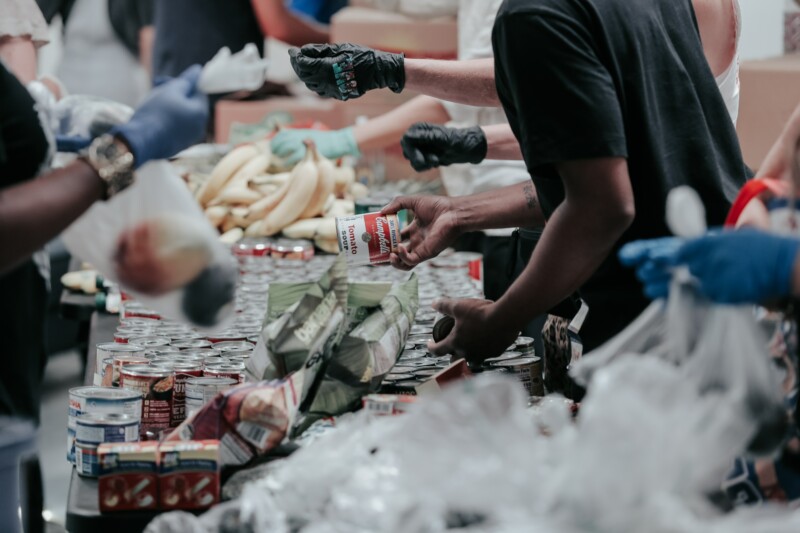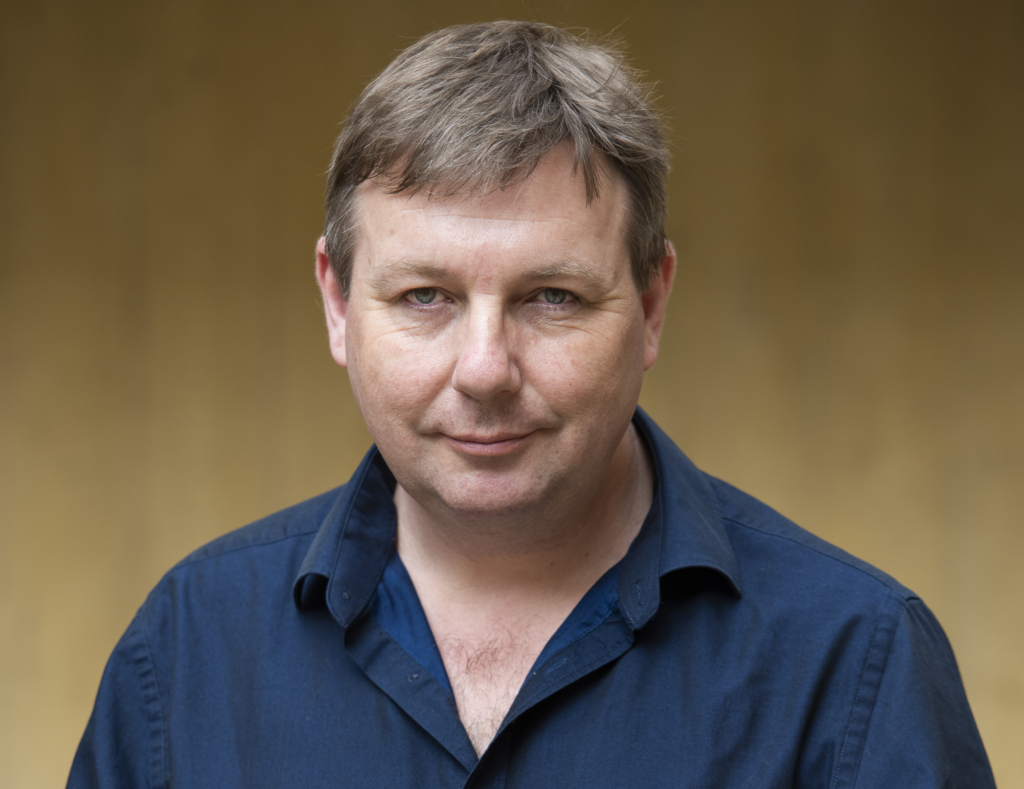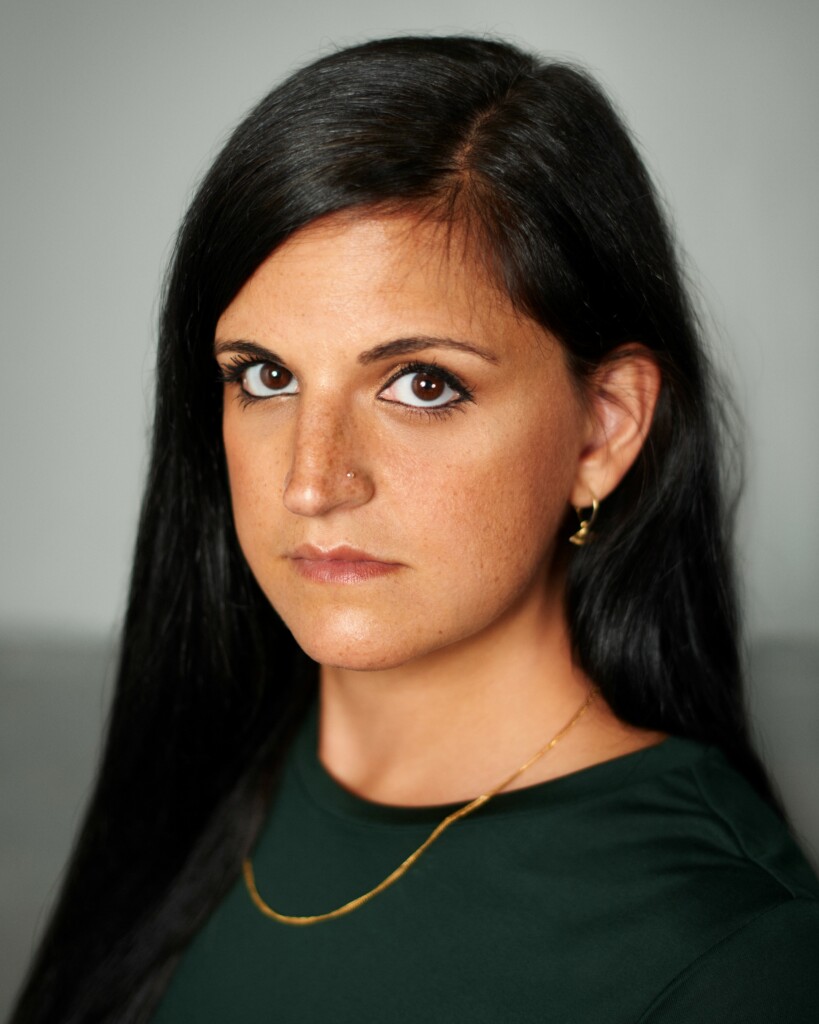How Do We Stop Britain Becoming a Failed State?

Danny Dorling, Samira Shackle and Tom Clark expose a new geography of inequality rife in the UK today. Together, they will discuss how we can resolve inequality and build better cities for all.
Britain was once the leading economy in Europe; it is now the most unequal. Fifty years ago, the UK led the world in child health, whereas today 22 of the 27 EU countries have better mortality rates for newborns. No other European country has such high university fees and miserly unemployment benefits, or housing so unaffordable and once affluent suburbs now so unproductive. Opportunity has been replaced by food banks, and we now have a society in which people are growing further and further apart.
How do we get out of this mess and build better cities for all?
In his new book, Shattered Nation: Inequality and the Geography of A Failing State, leading geographer Danny Dorling exposes a new geography of inequality. Middle England has been hit hard by the cost-of-living crisis, and even people doing comparatively well are struggling to stay afloat. Before COVID, life expectancy had dropped because of poverty for the first time since the 1930s.
In the spirit of the 1942 Beveridge Report, Dorling identifies the five giants of twenty-first-century poverty that need to be conquered: Hunger, Precarity, Waste, Exploitation, and Fear. He offers powerful insights into how we got here and what we must do to save Britain from becoming a failed state.Dorling is in discussion with writer Samira Shackle and Tom Clark (Joseph Rowntree Foundation). Both are contributors to Broke: Fixing Britain’s Poverty Crisis, which brings together the personal stories behind the communities so often ignored by politicians, introducing us to those at the hardest end of the poverty crisis. Critically, they also come up with ideas for reform and transformation.

Danny Dorling is a Professor of Geography at the University of Oxford, focusing on issues of housing, health, employment, education, wealth and poverty.

Samira Shackle is a freelance British journalist, writer and editor. She writes long-form, reported features that often focus on the human impact of major world events. She covers a range of subjects, including politics, terrorism, inequality and gender.

Tom Clark is a journalist who has specialised in questions of poverty and inequality. He is currently a Fellow at Joseph Rowntree Foundation, a Research Associate at the Resolution Foundation and a Contributing Editor at Prospect, the magazine he edited for five years from 2016 to 2021.
Pay What You Feel
This event is part of our new ticket pricing structure where we ask people to pay what they feel they can afford in accordance with their means. Read more about it here. Read on for the ticket prices for this event.
One free carer ticket can be booked at the same time for a paying disabled visitor. If you need to book more than one, please contact us before booking to arrange.
Pay It Forward
The Pay It Forward option enables you to book a ticket above the standard price, and will help to subsidise a ticket for someone who requires the Pay What You Can option. This option is aimed at people who are able to meet their basic needs and would like to help somebody else with the cost of their ticket.
- Is this for me? – I have access to a regular and stable income and I have the means and desire to contribute towards making the event affordable for others and supporting Bristol Ideas.
Recommended
This recommended price is based on what we’d traditionally charge for a similar event. It helps us make sure that basic costs are covered. This price is aimed at people who are able to meet their basic needs and have enough to live on.
- Is this for me? – I have access to a regular and disposable income, and I can comfortably afford the recommended ticket price.
Supported
This option is lower than the recommended price. It is subsidised by Bristol Ideas and fellow audience members who have booked at the Pay It Forward rate. This price is aimed at people who could do with support to get by.
- Is this for me? – My access to income is low and unstable and I worry about meeting my basic needs. I would select a concession rate due to my personal circumstances.
No one will be turned away due to lack of funds, so please contact us if you have any queries.
Booking Information
Ticket booking is via Eventbrite. Please review Eventbrite’s terms and conditions and Privacy Policy as Bristol Ideas do not accept any responsibility or liability for the policies. You can read Bristol Ideas’ Privacy policy here.
Please note we only refund tickets if the event is cancelled. Events start punctually and, out of consideration to other audience members and speakers, our policy is not to admit or issue refunds to latecomers. Full Terms and Conditions here.
Accessibility
- Watershed’s main entrance and Box Office are both on the ground floor which is accessible via a ramped, electronically assisted entrance door.
- There are two Blue Badge parking spaces to the rear of Watershed on Canons Road.
- Guide dogs and hearing dogs are very welcome.
- The first floor of Watershed is accessible via lift from the main entrance and includes level access to all areas, including the cinemas and event spaces.
- The cinemas and event spaces have induction loops.
- There is an accessible toilet (with baby changing facilities) near Cinema 1. Follow the signs for the Cinemas and the accessible toilet is just on your left through the double doors before Cinema 1.
- There are gender neutral toilets in the cinema corridor on the first floor.
Visit Watershed’s Access page for more information.